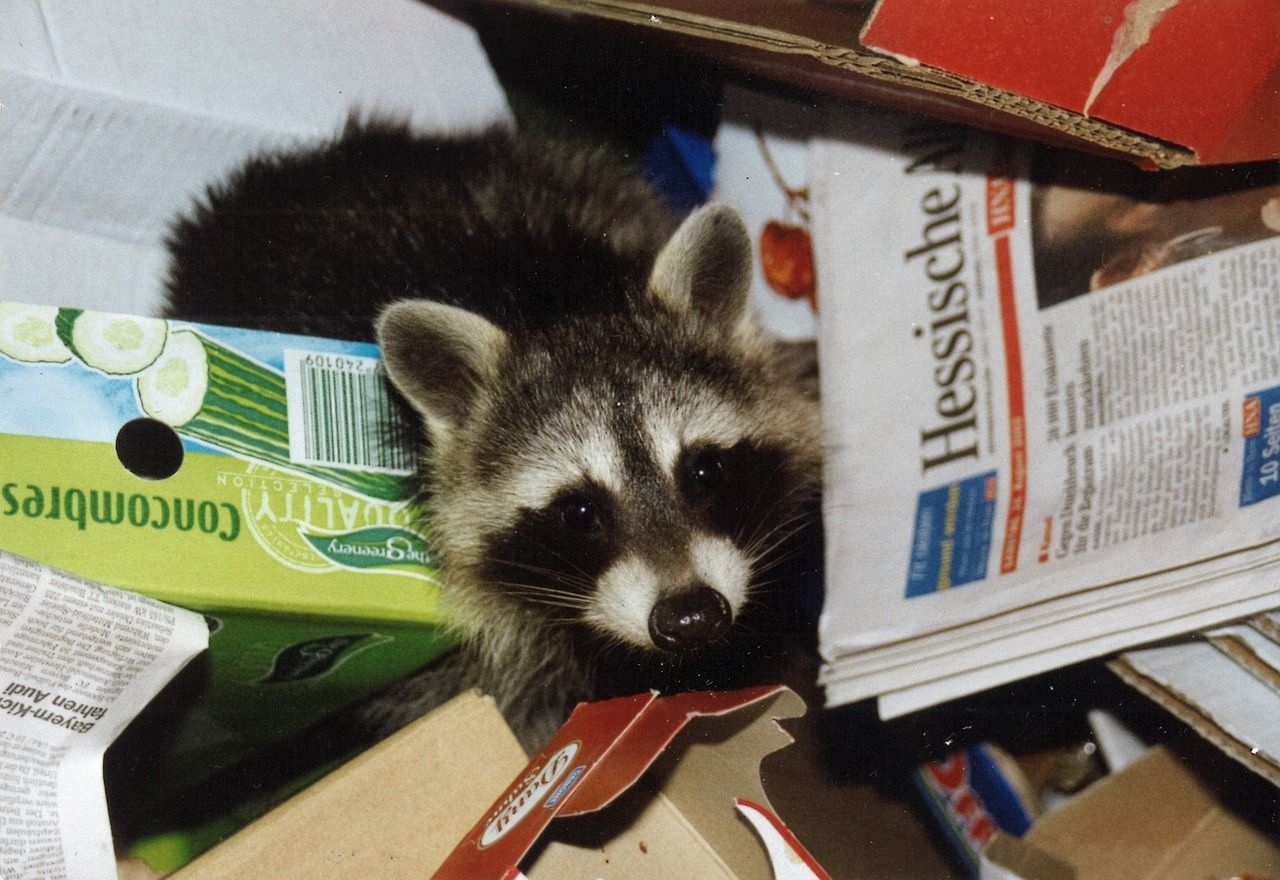
Tuscarawas County, Ohio - The Tuscarawas County Health Department is continues to work closely with state officials to monitor wildlife near the area where the remains of a rabies-positive raccoon were collected.
The animal was collected last month near Echo Lake Road in Warren Township after area public health officials received a call from a concerned citizen about a deceased raccoon that had previously exhibiting erratic behavior. They were notified Wednesday by the Ohio Department of Agriculture that the raccoon had tested positive for Raccoon Rabies Variant (RRV).
The local health department is currently working with officials from ODA to perform enhanced surveillance and collect samples near the areas where the rabid raccoon was found and is asking residents to report any animals displaying unusual behavior by calling 330-343-5550 or emailing director@tchdnow.org.
“For right now, what we would like people to be doing is reporting to us if they see any raccoon, skunks, coyotes, bobcats or foxes that are displaying any of that strange behavior - the disorientation, agitation, drooling, and then snapping at people or objects - we want them to call us,” said Caroline Terakedis, the Director of Environmental Health for the Tuscarawas County Health Department. “We’re going to be reporting those to the Department of Agriculture, and they’re going to be coming out and setting traps for those animals and doing testing on them.”
In the meantime, the health department is urging residents to have their pets vaccinated against the virus and not let them roam outdoors. “You don’t want them running around unsupervised outside,” Terakedis said.
The department offered two low-cost rabies vaccination clinics earlier this year and is planning to host another clinic in the near future at a date yet to be determined.
Officials are also urging residents to avoid contact with wild, sick or injured animals and to eliminate any potential food sources on their property.
“I know people like to feed outdoor cats and things like that, but you’re also feeding everything else that wants to eat that food. You’re feeding skunks and raccoons and sometimes even coyotes will eat that food,” Terakedis explained.
The most common mode of rabies virus transmission is through a bite and virus-containing saliva of an infected host, according to the Centers for Disease Control and Prevention. Bites should be washed with soap and water as soon as possible. Animal bite victims are urged to consult with their family physician promptly and report the incident to the Tuscarawas County Health Department.
Exposure to the virus is treated with a series of four injections, which must be administered before clinical any symptoms begin to appear. “We recommend that it’s administered as soon as possible,” Terakedis explained. “You do have up until you start showing symptoms of rabies, which can take 10 to 30 days.”
In an effort to prevent the virus from spreading to other wild animals, the department is also working closely with officials from the U.S. Department of Agriculture to schedule an oral vaccine drop near the area where the deceased raccoon was collected.
The department will notify the public and provide additional information once the drop has been scheduled.
STACEY CARMANY, TUSCOTV
